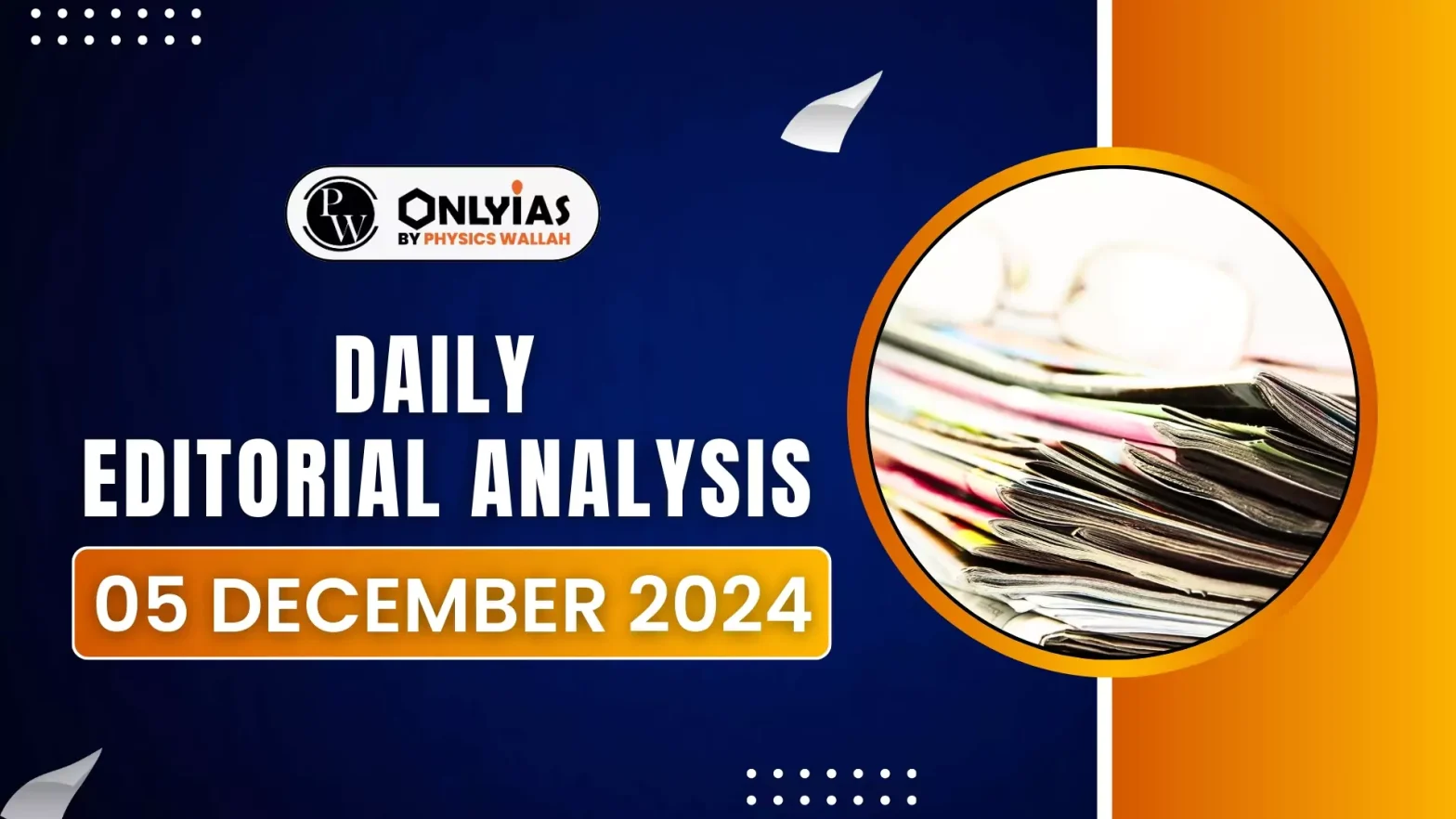The Global Plastics Treaty, aimed at reducing plastic pollution, faced divisions at the UN negotiations and has not resulted in any sucess yet.
More about news
- In 2022, the United Nations Environment Programme (UNEP) passed a resolution to phase out plastic pollution globally, including in marine environments.
- The aim was to create a broad framework for coordinated global action to reduce plastic pollution.
- However, over the next two years, countries met five times, with the final meeting in Busan expected to finalize the treaty.
- Despite intense negotiations, the outcome was deemed a failure due to divisions over the proposed solutions.
Enroll now for UPSC Online Course
Divisiveness in Solutions
- Countries Supporting Production Cuts: Half of the countries, led by the European Union and Pacific island nations, argued that plastic’s durability and widespread use had turned it into an environmental hazard, particularly in marine ecosystems.
- They believed that improving recycling and reuse would not suffice and called for gradual cuts in plastic production, especially in virgin polymers, as the only effective solution to combat pollution.
- Opposition from Developing Countries: Many developing nations, especially those reliant on oil and petrochemical industries, resisted the proposal to cut plastic production.
- They viewed these calls as disguised trade barriers rather than genuine environmental protection, arguing that regulating production went beyond the original intent of the 2022 resolution.
India’s Position
- India sided with the countries that opposed production cuts, highlighting its economic reliance on plastic and its petrochemical industry.
- India’s plastic recycling capacity is currently limited, with only about one-third of the plastic introduced annually being effectively recycled.
Challenges in Addressing Plastic Pollution
- Environmental and Health Impact: The growing plastic pollution problem is not just an eyesore; it has seeped into the bodies of animals and humans, causing long-term harm to ecosystems and public health.
- Effectiveness of Recycling: While recycling and re-use are part of the solution, they alone will not solve the problem of plastic pollution.
- The larger issue lies in reducing the production of plastic at the source, particularly virgin polymers that contribute to vast amounts of waste.
Way Forward
- Reevaluating Strategies: The talks may reconvene next year with a renewed perspective, possibly addressing the current impasse more creatively.
- A more balanced approach that considers both the environmental and economic concerns is necessary for global cooperation.
- Planned Exit: The need for a phased exit from over-reliance on plastic is crucial.
- Waiting too long to act could place nations on the wrong side of history, where the costs of inaction are higher than the costs of implementing effective solutions.
Check Out UPSC CSE Books From PW Store
Conclusion
Plastic pollution is a global issue, and a planned, coordinated response is essential to safeguard both the environment and human health. A proactive stance on reducing plastic production and improving recycling is necessary to prevent further environmental degradation.
![]() 5 Dec 2024
5 Dec 2024
